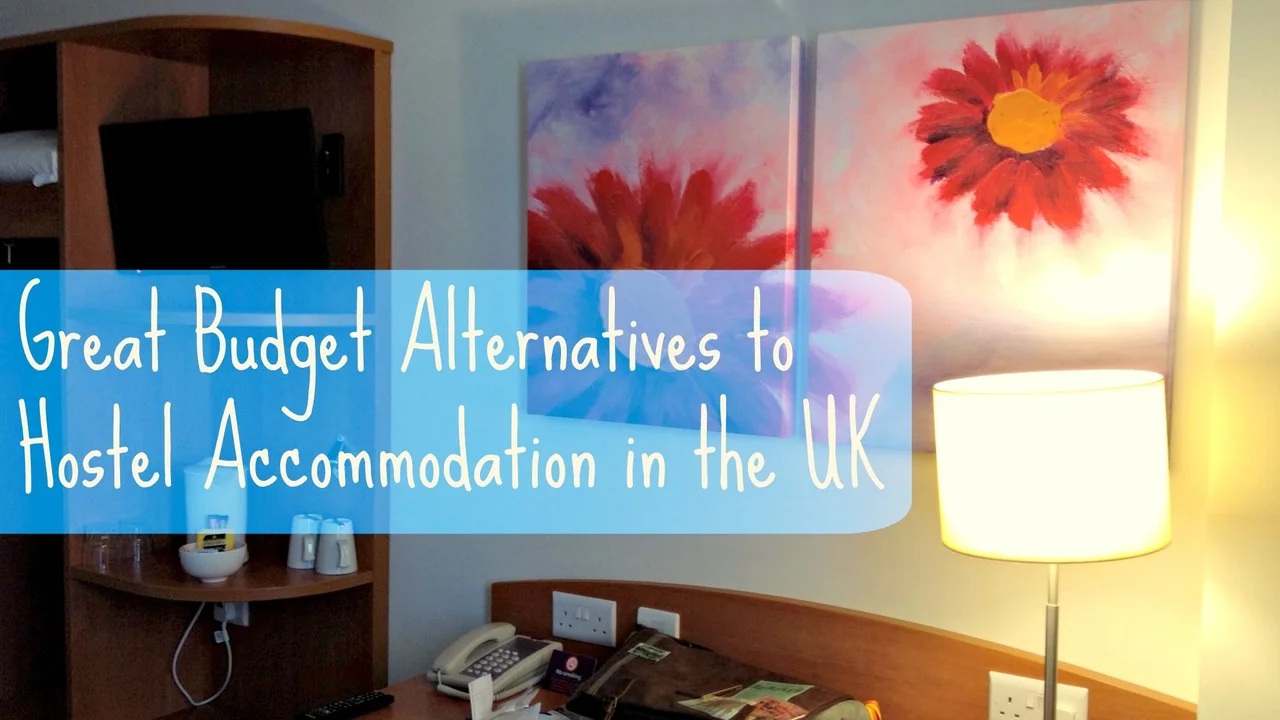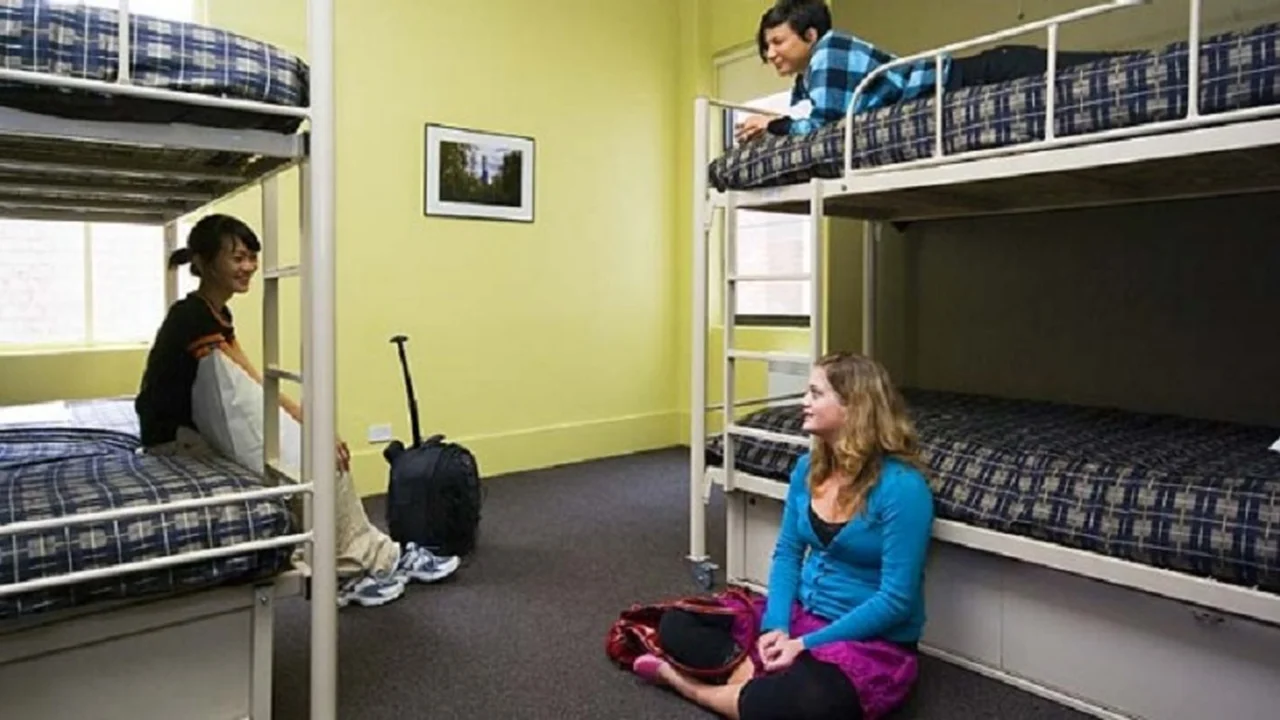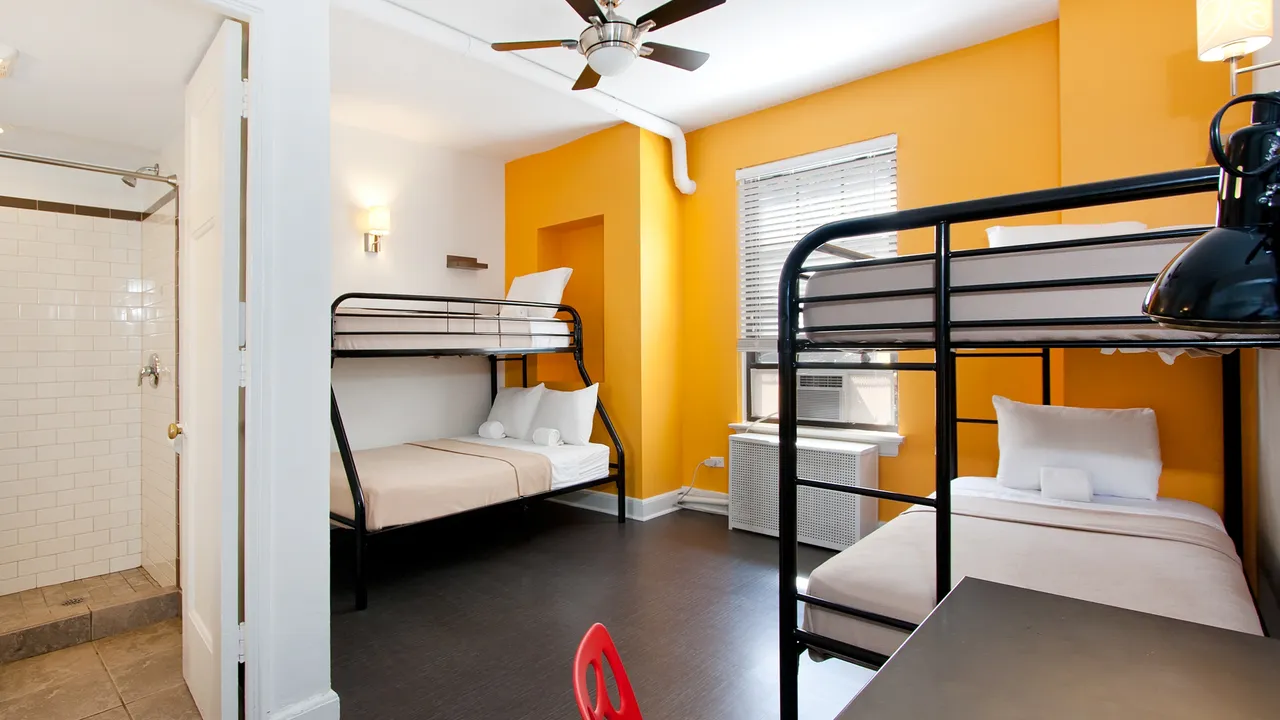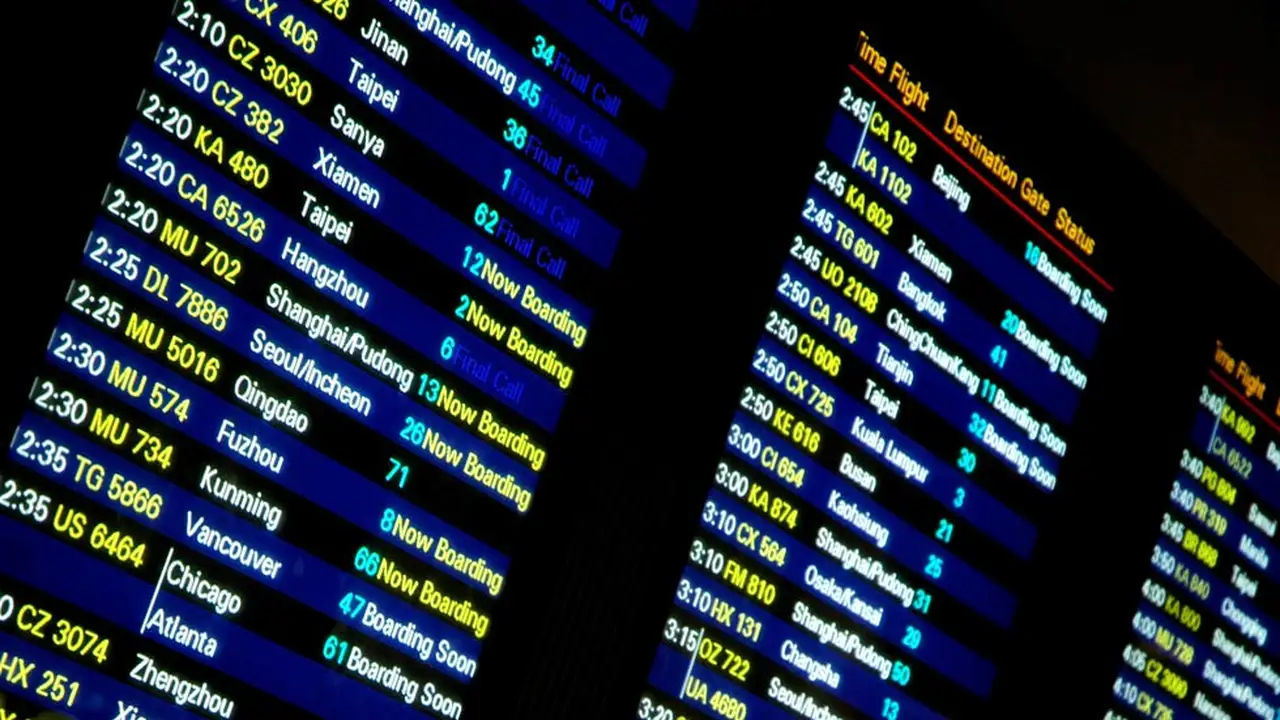Hostel Alternatives_ Budget Accommodation
Essential safety tips for staying in hostels, including securing your belongings, being aware of your surroundings, and trusting your instincts. Protect yourself and your valuables while traveling.

Hostel Security Securing Your Belongings
Okay, let's talk about the stuff you own. When you're backpacking, your stuff is *your* life, right? Losing it is a total nightmare. Hostels are generally safe, but petty theft can happen. Think of it like this: you wouldn't leave your phone on a park bench and walk away, would you? Same principle applies here.
Lock it up! Most hostels have lockers. Use them. Buy a decent padlock – a combination lock is convenient, but a key lock is generally more secure. Even if you're just popping to the bathroom, lock up your backpack. It takes seconds, and it's worth it.
Daypacks are your friends: Keep your valuables (passport, phone, wallet, camera) in a small daypack that you can keep with you at all times. Even when you're sleeping, keep it close. Some people sleep with it under their pillow, which is a good idea. I've even seen people use a small cable and lock to attach their daypack to their bed frame. A little extreme? Maybe. Effective? Definitely.
Be smart about showing off valuables: I know you want to Instagram that amazing view, but flashing your expensive camera or phone around constantly makes you a target. Be discreet. Use common sense.
Hostel Awareness Being Aware of Your Surroundings
It's easy to get caught up in the excitement of meeting new people and exploring a new city, but don't let your guard down completely. Pay attention to your surroundings. This isn't about being paranoid; it's about being smart.
Know your exits: When you arrive at the hostel, take a mental note of the fire exits. This is just good practice in general, but especially important in an unfamiliar place.
Trust your gut: If something feels off, it probably is. Don't dismiss your intuition. If someone makes you uncomfortable, remove yourself from the situation. There's no shame in saying \"no\" or walking away.
Walk with confidence: Even if you're lost (and let's face it, we've all been there), try to walk with confidence. Avoid looking like a lost tourist. If you need directions, duck into a shop or cafe to ask instead of standing on a street corner with a map.
Be careful at night: Avoid walking alone at night, especially in unfamiliar areas. Stick to well-lit streets and travel in groups if possible. Use ride-sharing apps or taxis to get around if necessary. Let someone know where you're going and when you expect to be back.
Hostel Instincts Trusting Your Instincts
This is huge. Your gut feeling is often your best defense. If a situation feels wrong, it probably is. Don't ignore that little voice in your head.
Don't be afraid to speak up: If you see something suspicious or someone is making you uncomfortable, don't be afraid to speak up. Tell a staff member at the hostel or contact the authorities. It's better to be safe than sorry.
Be wary of overly friendly strangers: Most people you meet in hostels are awesome, but there are always exceptions. Be cautious of people who are overly friendly or try to pressure you into doing something you're not comfortable with. Trust your instincts and don't be afraid to say \"no.\"
Don't leave drinks unattended: This should be common sense, but it's worth repeating. Never leave your drink unattended, especially at parties or social events. Someone could easily slip something into it.
Online dating safety: If you're using dating apps while traveling, be extra cautious. Meet in a public place, let a friend know where you're going, and don't give out too much personal information. It's always a good idea to video call someone before meeting them.
Hostel Products Recommended Safety Gear
Okay, let's talk about some gear that can help you stay safe. These aren't essential, but they can provide extra peace of mind.
Door Stop Alarm: These little gadgets are super affordable (around $10-$15) and can be a lifesaver. You wedge it under your door, and if someone tries to open it, it sets off a loud alarm. Great for deterring intruders and alerting you to potential danger. Use case: When you're sleeping, especially if you're on the ground floor or in a room with a shared balcony.
Personal Alarm: These are small, keychain-sized alarms that emit a piercing shriek when activated. They're great for attracting attention in an emergency. You can find them for around $5-$10. Use case: If you feel threatened while walking alone at night or if you need to attract attention quickly.
Travel Door Lock: For around $20-$30, you can get a portable door lock that provides an extra layer of security. It's a metal plate that fits into the door frame and prevents the door from being opened from the outside. Use case: If you're staying in a hostel with flimsy locks or if you just want extra peace of mind.
RFID Blocking Wallet/Sleeve: Protect your credit cards and passport from electronic theft with an RFID blocking wallet or sleeve. These prevent thieves from scanning your cards and stealing your information. They cost around $10-$20. Use case: Everyday use to protect your sensitive information.
Hostel Product Comparison and Pricing
Let's break down some of the products mentioned above and compare them:
- Door Stop Alarm:
- Pros: Affordable, easy to use, loud alarm.
- Cons: Only effective if the door is closed properly.
- Price: $10-$15
- Personal Alarm:
- Pros: Small, lightweight, easy to carry.
- Cons: Requires you to be able to activate it quickly.
- Price: $5-$10
- Travel Door Lock:
- Pros: Provides extra security, difficult to bypass.
- Cons: Can be bulky, requires a compatible door frame.
- Price: $20-$30
- RFID Blocking Wallet/Sleeve:
- Pros: Protects against electronic theft, easy to use.
- Cons: Only protects against RFID scanning, doesn't prevent physical theft.
- Price: $10-$20
Hostel General Safety Tips
Beyond specific gear, here are some general safety tips that apply to almost any situation:
Make copies of important documents: Keep digital copies of your passport, visa, driver's license, and other important documents in a secure online storage account (like Google Drive or Dropbox). Also, make a physical copy and keep it separate from the originals.
Share your itinerary with someone back home: Let a friend or family member know your travel plans, including your hostel addresses and contact information. Check in with them regularly so they know you're safe.
Learn a few basic phrases in the local language: Knowing how to say \"help,\" \"police,\" and \"emergency\" in the local language can be invaluable in a crisis.
Download offline maps: Don't rely solely on your phone's data connection. Download offline maps of the cities you'll be visiting so you can navigate even without Wi-Fi.
Have emergency contact information readily available: Program emergency contact numbers (local police, embassy, family member) into your phone and write them down on a piece of paper that you keep with you.
Be aware of local scams: Research common scams in the areas you'll be visiting so you can avoid becoming a victim. Common scams include fake police officers, rigged games, and inflated prices.
Trust your instincts: Seriously, this is the most important tip of all. If something feels wrong, it probably is. Don't be afraid to remove yourself from the situation and seek help if needed.
Staying safe in hostels is all about being aware, being prepared, and trusting your instincts. By following these tips, you can minimize your risk and enjoy a safe and memorable backpacking adventure.
:max_bytes(150000):strip_icc()/277019-baked-pork-chops-with-cream-of-mushroom-soup-DDMFS-beauty-4x3-BG-7505-5762b731cf30447d9cbbbbbf387beafa.jpg)






